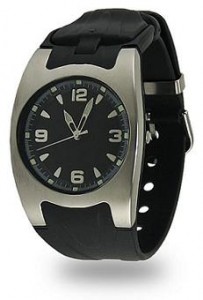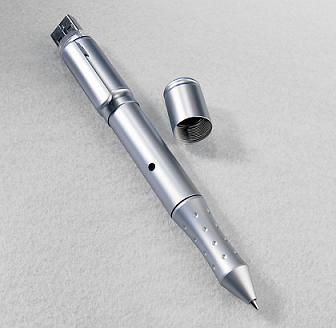
From Threat Level/Wired:
Federal agents at the border do not need any reason to search through travelers’ laptops, cell phones or digital cameras for evidence of crimes, a federal appeals court ruled Monday, extending the government’s power to look through belongings like suitcases at the border to electronics.
The unanimous three-judge decision reverses a lower court finding that digital devices were “an extension of our own memory” and thus too personal to allow the government to search them without cause. Instead, the earlier ruling said, Customs agents would need some reasonable and articulable suspicion a crime had occurred in order to search a traveler’s laptop.
On appeal, the government argued that was too high a standard, infringing upon its right to keep the country safe and enforce laws. Civil rights groups, joined by business traveler groups, weighed in, defending the lower court ruling.
The 9th U.S. Circuit Court of Appeals sided with the government, finding that the so-called border exception to the Fourth Amendment’s prohibition on unreasonable searches applied not just to suitcases and papers, but also to electronics.
Well, there are always ways to store your data elsewhere and not carry it on your laptop. This is not meant with the criminal element in mind. But, if you have business information on your system that you are afraid might be gathered in the course of a search (don’t laugh, it happens in France) then encrypt it or leave it at home. There are ways to hide your data in plain sight. Here is, one of my favs, the USB watch.

Or the James Bond-esque USB pen. No, it doesn’t shoot poison darts with this particular model.




I agree with you that it is not really a poof of a mature country if searches are allwoed just if the border agent did not sleep to well the day before.
However your suggestion of using such decives is very risky (to say the least). What do you do if the Officer asks you to present all the electronic devices you have? Do you show the pen or not? If not, you probably might be in deep problems, if yes, well this did not help.
We discussed this on and on and the only viable option is to store the data on a server, whipe the disk and download it after crossing the boarder and even this is not really a solution as the most critical data for me is in e-mail.
Last but not least: this is not US only. There are other countries (like Australia) which have the same rules
Roger
@Roger
You know, you’re right.
I didn’t really give that a thorough “think”. That would be a world of hurt if you answered the question incorrectly and were found to be in possession of an electronic device.
Fair point.
I keep nothing of value on my laptop when I travel simply for the reason that it might get stolen. I have a similar set up to you when I cross borders into another country. VPN makes things easier. That, and I don’t have to worry about the critical information, such as grocery lists emailed to me from my wife, being read by border agents.
Thanks for the comment.